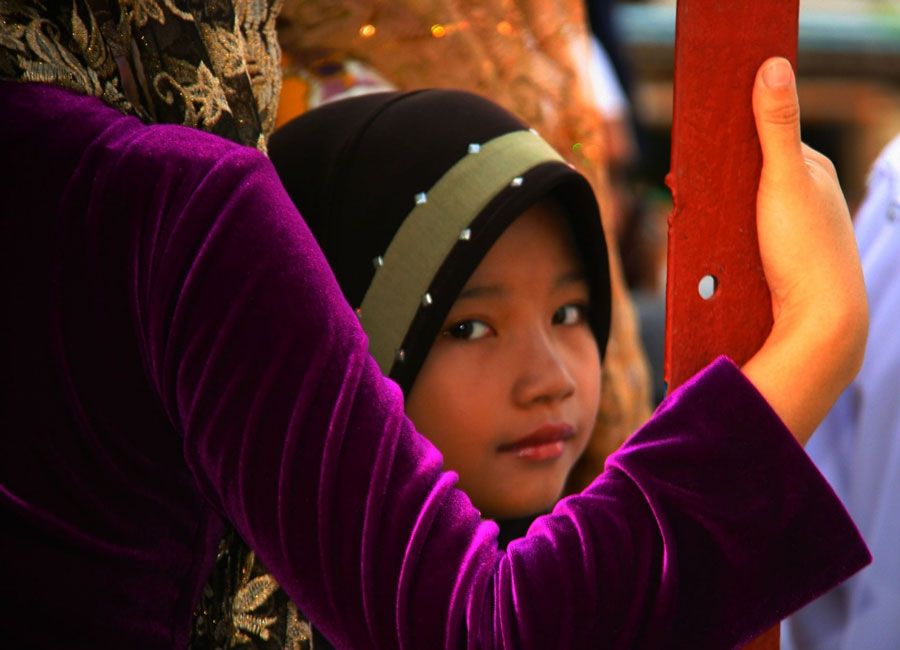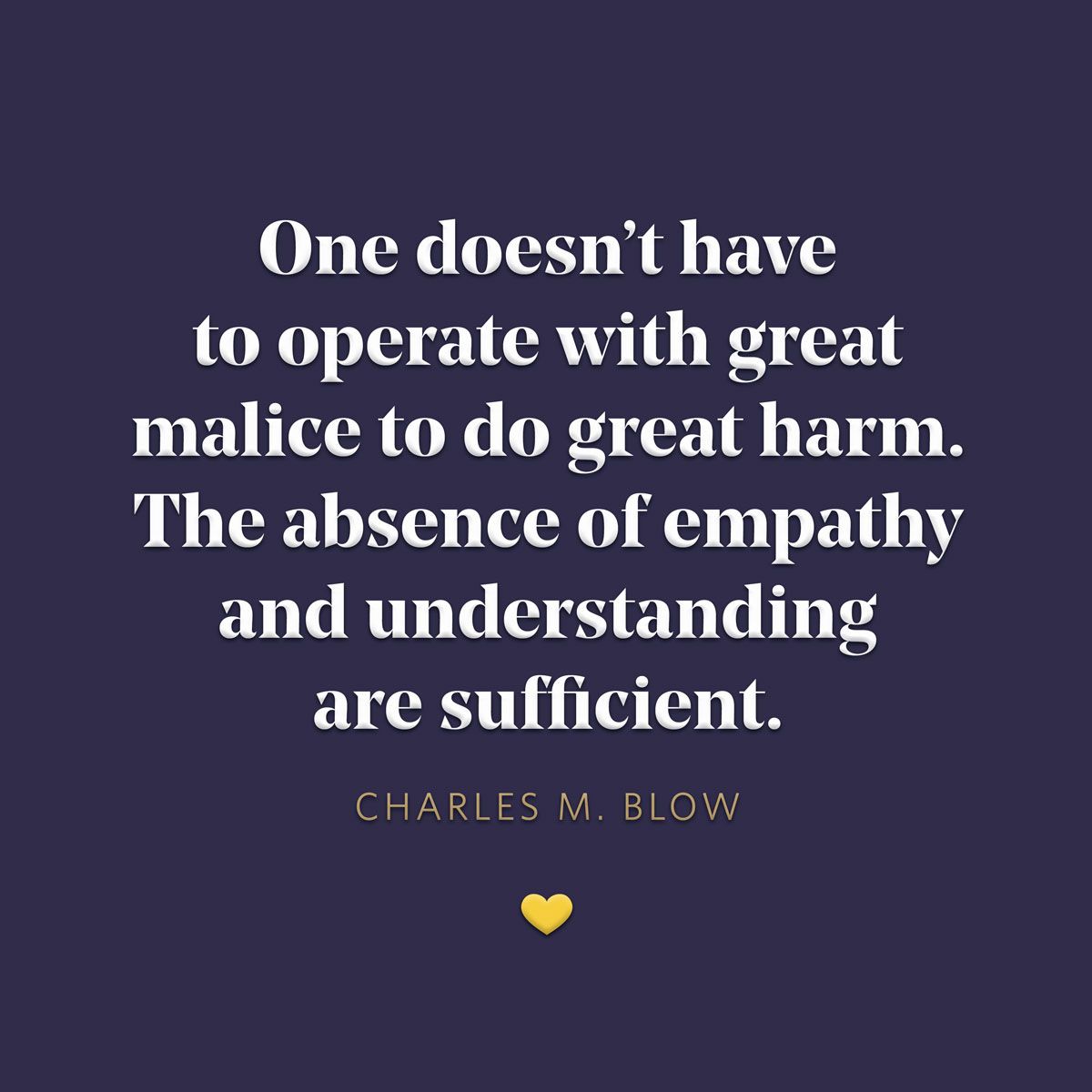OHF WEEKLY, Volume 4 Number 20
Letter from the Editor💛 Hey Reader, Since its inception, Our Human Family has relied primarily on the nonfiction genre to compare and contrast the lived experiences of Black, Indigenous, and People of Color with those in the dominant culture. OHF Weekly and OHF Magazine publish articles in the belief that exposure to underrepresented people’s lived reality, if only through a few words, can broaden our perspective, loosen our grip on unyielding misconceptions, or bring a seismic shift in culture. Think Nikole, James, and Roxane. And for some, “the truth and nothing but the truth” is the most convincing approach. Sometimes the best way to write about a banana is to write precisely about a banana. A couple of years ago, we added poetry, as well. With brilliant imagery and an economy of words, poetry can stir the senses and emotions while spiriting us to places long forgotten or never before imagined—as demonstrated by the gathering of international poets in our Equal People Poetry Series. The works of Maya, Langston, and Amanda come to mind. Sometimes, a fluid yet efficient description about an orange needs to expand from the actual into the realm of the figurative. And then, there’s fiction. There is hardly a person alive who hasn’t been caught up in the lives and adventures of fictional characters that at one time existed only in the mind of their creator. There are some who’d dismiss it as “make-believe.” But for us, the magic of fiction is that at the heart of any truly good story, beneath all the seamless imaginary settings and three-dimensional nonexistent personae, there is always a seed of truth. In the right writer’s hands, that seed can be nurtured into a stunning orchard that can grow and influence the reader’s mind in ways that nonfiction sometimes cannot. Who, having read Toni Morrison’s Beloved, is not forever changed after getting to know Sethe? Or is unable to instantly call up the unequivocal joy or visceral pain of Janie in Their Eyes Were Watching God? For many readers, the best and truest path to empathy is to spend some time within the hearts and minds of a “fictional” character. With empathy at the core of our mission at Our Human Family and OHF Weekly, it seemed a no-brainer to add fiction to our lineup—starting with a contest! Likewise, “empathy” seemed like the perfect prompt; more specifically: The empathy pill — a single pill (or multiple pills) that when taken provides unimaginable empathy into the lived experiences of another ethnic group.
This week, we’re excited to announce our two winners (yes two . . . we loved them both so much we couldn’t decide!)—perhaps not surprisingly, previous OHF Weekly contributors. Although the authors focused on different ethnic groups, in very different times and geographic locations, we challenge all of our readers to read either story without walking away with a new appreciation for someone else’s humanity. Without further ado, we’d like to introduce you to “Down the Rabbit Hole,” by Sylvia Wohlfarth, and “The Tale of Arthur Delacroix,” by Charles Estacious White. Congratulations to both, and thank you for your empathy! Love one another. The OHF Weekly Editors
Clay, Stephen, and Sherry
EQUAL PEOPLE 2022 SHORT STORY WRITING CONTEST CO-WINNER
In this co-winning Equal People 2022 Short Story Writing Contest entry, a lilac-colored pill pits an English teacher and her prejudice against facts, family, and firsthand experience. She scans the list of the personal details of her Syrian students. The course will be starting in a few months and this will be her first time teaching English to Arabic-only students. Five couples with an age difference of around ten years between the husbands and wives. Number of children, an average two to three. Low level of education. So low for some, she envisions literacy issues. She notes the ages and stops. Female, twenty-two, married with three children, husband thirty-three. Their oldest child, seven. She calculates. Fifteen years old when she gave birth. She identifies another two young brides. She sickens. She cannot do this job. Child brides shackled by the men who deflowered them and fathered their children. Can she intrude on their privacy by entering their living rooms via a laptop? Does she want to observe an intimacy based on something so foreign and repulsive to her? Yes, they are in need, and yes, she can provide them with the key to a culture so different from theirs, the entry into which is required to integrate into Irish society and thrive. She has her issues though with Muslim men and how they treat women. And now this. She’ll have to think it over and hopes there are other teaching opportunities open to her. Her eyes wander and halt at the little plastic bottle on the table in front of her, light brown and boring, filled to the brim with colourful little pills. It arrived one day in a small parcel with no sender but a card enclosed with the words: Empathy Pills: Take one if need be and see the world upside down, the other way around and experience enlightenment. She had laughed and wondered at the cleverness of the jest. She knew immediately who had sent it. This was not the first time her white witch girlfriend had sent her a crazy concoction of sorts. Though she had never dared to try any out, she was now in the mood. Any distraction would do to lift her spirits. She looks at the list of names again and with a sense of defiance grabs and opens the bottle. Inhaling the escaping powdery air, non-toxic and sweet, she smiles. Uttering a loud “Simsalabim,” like a child, she spreads the ten or so colourful beads onto the table in front of her. She closes her eyes and fingering several pills she chooses one, lilac, pops it into her mouth and swallows it. She refills the bottle, slips it into her pocket and waits, surprised by her silliness. What if the pill makes her sick? What if . . . she feels a tingling sensation in her feet, in her fingers, a slight headiness; she stands up and suddenly her body begins to tremble from head to toe. Read the full story.
EQUAL PEOPLE 2022 SHORT STORY WRITING CONTEST CO-WINNER
In this Equal People 2022 Short Story Writing Contest co-winner, Charles Estacious White takes readers on a nineteenth century enslaver’s journey into empathy—after an encounter with a medical student and a mysterious pain reliever.Content Warning: The following story contains graphic violence, murder, and strong racist language. ILouisiana, 1868. Saint Bernard Parish lay in ruins. The backwoods were littered with deceased freedmen. Trees wore the bloody fruit of people who had been enslaved less than a decade ago. Arthur Delacroix’s chest heaved in gratification as he thought of how many niggers he sent to hell this night. His hands were stained with the blood of the freedmen he and a gang of white men had massacred. “These niggers won’t be voting for that bastard Grant. White folks run this shit, not that traitor to his people. Republican scum won’t beat Seymour. 1868 is the year white folks win back the South.” He still clutched voter registration papers he had removed from dead freedmen. He thought, “they won’t be voting,” as he threw the pieces in his fireplace. Only ten years ago, the Delacroix Plantation had been a decent producer of sugar cane and the home of twelve enslaved people. But unfortunately, Lincoln freed them when the war came, and he lost everything. He still raised a tiny bit of cane, but now he hired poor white folks to harvest his cane since he couldn’t own darkies anymore. He wasn’t about to pay folks he once owned any hard-earned money. Delacroix went to the water basin and washed the blood from his fingers and hands. The mirror reflected a face splattered with dried blood and small bits of flesh. To him it looked like a good night’s work, but to any rational human being, it was horror. Art was a big man. He was built like an oak tree and had arms the size of tree stumps. A vast brown beard with gray streaks stretched across his broad face. His eyes looked wild and were small for his hog-sized head. He was of average height, but his hatred of all things non-white made up for his lack of stature. He removed his blood-stained clothes and put them in a burlap sack he was carrying. Tomorrow they would go on the fire. He felt good as he crawled into bed next to his wife. It was a good night’s work, and the Negroes left alive knew they better not show their dark faces at a poll this election day. He drifted off to sleep with gratification coursing through his body. He felt no empathy for the people he’d slaughtered. Read the full story.
Help Spread the Word about Our Human Family and “OHF Weekly”One of the biggest ways you can help further our mission is to share our articles with friends you think would benefit from reading them. We publish our articles, poetry, and stories to expose our readers to experiences and points of view you might not encounter otherwise. Why do we do that? To broaden our readers’ worldview, so that it becomes clearer that the Black experience, the Indigenous experience, and the experience of People of Color, are also human experiences. Thanks! (And by the way, those are meerkats.)
Final Thoughts
Photo by Christina Victoria Craft on Unsplash
|




